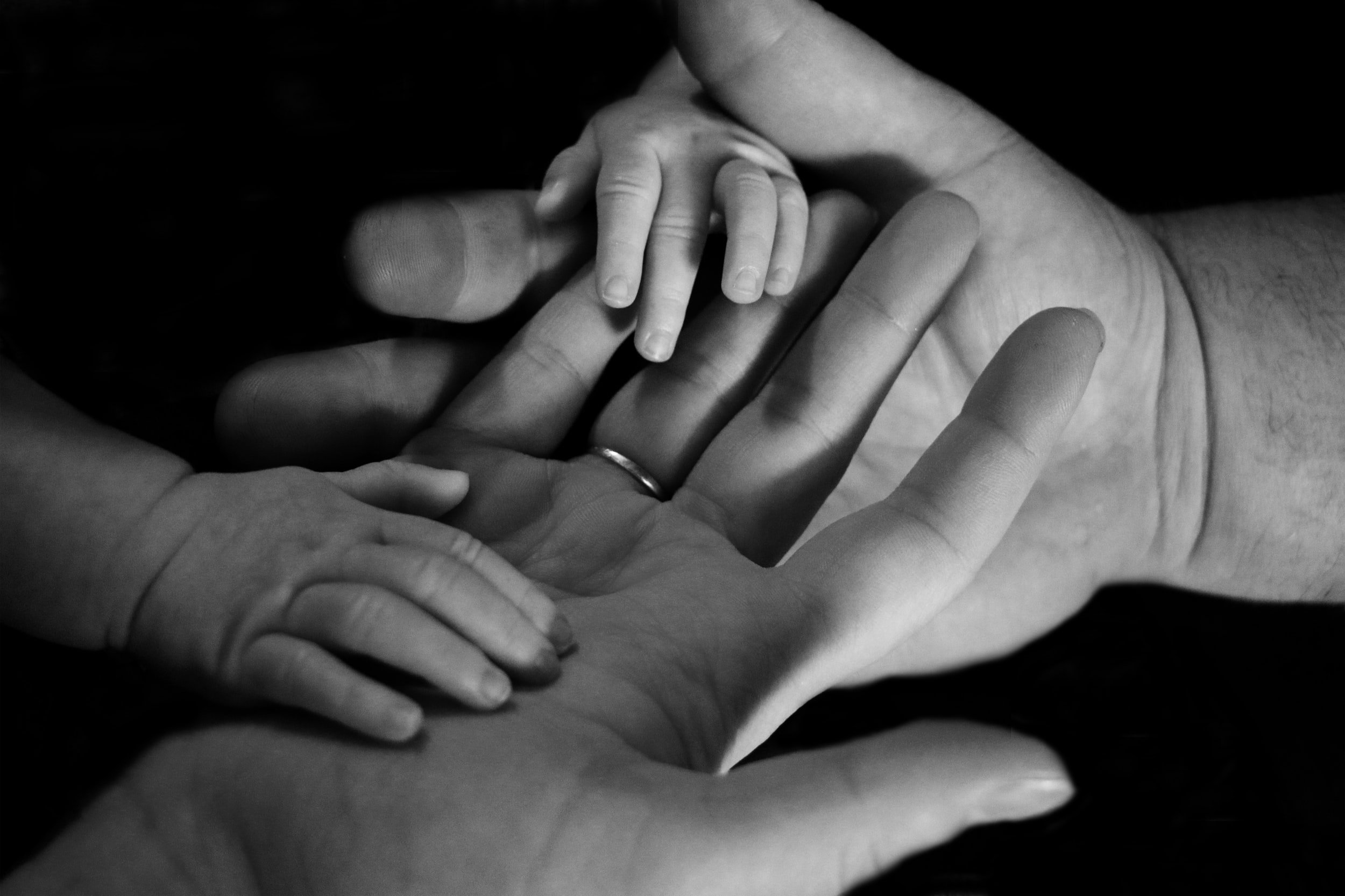
The Magic of Therapy
A blog about the transformational power of psychotherapy and how it helps us blossom into the wholesome being we are.

What Relationship Therapy Can and Cannot Do
Relationship therapy is one of the many services we provide here at Psych Blossom. It can take many forms. We counsel married couples struggling with tough times. We also work with romantic couples who aren't married.

How to Approach Family Conflict as a Way to Do Better
In the make-believe world of Hollywood films and television shows, perfect families abound. Nothing ever goes seriously wrong to the extent that it cannot be patched up before the story ends. But that's Hollywood. In the real world, family conflict is to be expected.

Life Transitions Are Scary – It's Okay to Be Afraid
Change is a part of life. And with so many changes, there is transition involved as well. That change from parenting minor children to launching them into adulthood requires a significant transition. And that is just one example. Know this: life transitions can be scary. It's okay to be afraid.

How Perfectionism Affects Your Dating Life
At one point or another, we have all sought out the “perfect” relationship. Your partner does everything right all the time, you never fight, and the honeymoon period lasts forever. Of course, this does not exist in real life.
Dating as a perfectionist can be difficult. When you think of the traits of a perfect partner, a perfectionist might take it literally. No one partner will ever be absolutely perfect, especially at the beginning of a relationship. Your perfectionism might be making you sabotage your own happiness. Let’s learn how to recognize the signs and take action against your perfectionism.

How to Cope with Post-College Depression
College is widely regarded as some of the best years of your life. This first step into adulthood is a transformative experience. Making new friends, discovering new interests, and learning about your passions are all a part of the college experience.
Once you graduate, not only do you receive a diploma for all your hard work, but you will also have to change your lifestyle. It is a hard adjustment to enter “the real world.” Unless you plan on pursuing additional higher education, it is now time to leave being a student behind and enter adulthood. However, you are not alone if you are experiencing post-college depression.

What Does It Mean to Have High Functioning Anxiety?
“High functioning” is a phrase we’ve seen more of in recent years, particularly tied to anxiety and depression. High functioning anxiety isn’t actually a clinical anxiety disorder, so you may not find as much research on it. But that doesn’t mean it’s not something people are actually experiencing.
Mostly, we use it as a term to describe anyone who functions reasonably well in various areas of life despite having anxiety. Many often see this as a “type A” personality. For these people, anxiety is more a driver than a fear that holds them back. Their success stems from their anxiety pushing them to surpass every expectation—failure is not an option. In turn, this actually creates more internalized anxiety.

Here’s How to Recognize a Trauma Bond
If you question why it’s so hard to leave a partner, even when you know they’re mistreating you, this post will help you figure that out. These situations often imply a toxic relationship. These relationships are distressing and often abusive and they may also have brief moments of positivity that feel wonderful, but it’s never consistent.

How Are Codependency and Narcissism Linked?
Typically, codependency and narcissism are thought of as opposites. This is because codependency is seen as an excess of selflessness. Meanwhile, narcissism is viewed as an excess of selfishness. However, there are a lot of similar traits. Some of the core symptoms of narcissism and codependency overlap. Learn how they’re intertwined and how to get help.

What Are Some Common Depression Triggers?
Many people across the nation are living with depression. The World Health Organization even quotes depression as one of the leading causes of disability worldwide. Depression doesn’t discriminate. Sometimes it happens even when someone has an objectively idyllic life.
Sometimes it’s triggered by a stressful or negative life event. For some, it may become a recurring trigger for future depressive episodes. Identifying triggers for your depression can help you become more aware of the signs of depression and can also be helpful if you’re living with someone who has depression.

What Should You Do If Current Events Bring Up Past Trauma?
Trauma is when we experience extreme emotional distress because of an event. People experience trauma and recover from it in different ways—it’s an experience unique to each individual. While coping with trauma can be a challenge, there are coping mechanisms you can use when you become triggered. Let’s talk about some strategies you can use if you become triggered.

Breaking Free: Recognizing the Signs of Psychologically Abuse and Finding a Way Out
Psychological abuse can be insidiously quiet. It doesn’t have the same marks that physical abuse does because involves verbal and social attacks in an effort to control someone. The abuser may try to control who their partner can and cannot see and be around and may use hurtful abusive language.
Abusers who use these psychological tactics often break down their partner’s self-esteem or attack their self-worth. This creates a psychological dependency on the abuser, which then gives the abuser even more control.
Recognizing the signs of psychological abuse is the first step to resolving the issue, or escaping it.

Overcoming the Feeling “You’re Not Good Enough”
Feelings of inadequacy are part of being human. We sometimes feel that we’re unimportant. It’s important to acknowledge this insecurity so that you can overcome it. There are ways you can put a stop to intrusive thinking patterns like this. Let’s look at who’s likely to experience this, the causes, and how you can combat feeling like you’re not good enough.

Learn to Nurture Different Types of Intimacy in Your Life.
There are several types of intimacy. We usually associate the word “intimacy” with sex, and while that’s one version, but it’s not the entire picture. Many intimacy types are impactful in their own ways. Long-term relationships usually require support and acknowledgment of several kinds of intimacy to thrive. If you think you might have a fear of intimacy, consider reaching out to a therapist.

What your Attachment Style means for your Relationships.
Let’s look at how your attachment style might affect how you and your partner interact with one another. According to attachment theory, there are four types of adult attachments that develop from childhood: Secure, Anxious-Ambivalent, Avoidant Attachment, Disorganized Attachment. How does this affect us now, in the present day, and how does it affect our romantic relationships?

What is Cognitive Behavioral Therapy and How does it work?
Over the last few years, CBT has also become one of the most popular types of treatment offered, but how do you know if it's right for you? An even better question yet, what exactly does CBT do?

Can Past Trauma Affect your Parenting Skills?
When we experience childhood trauma, there is a strong possibility of that trauma affecting the way we parent. This is not a sentencing. Our traumas do not doom us to repeat the mistakes of the adults who raised us and influenced our development. Acknowledging how you feel about the pain in your childhood and creating a narrative that respects your experiences can help you.

How to Set Meaningful Intentions in the New Year Instead of Just Resolutions
Since we’ve all spent some time alone because of the pandemic, we’re coming to an overall consensus: intentions are more impactful than resolutions. What do we mean when we talk about setting intentions for the new year instead of New Year’s resolutions? Aren’t they the same thing?
Resolutions are goals. These can set you up for failure because we rarely have a wide enough scope to plan how to achieve our goals throughout an entire year. Intentions are more similar to how you can improve your life. It focuses on accountability and the process as a whole, instead of focusing only on results.

How to Set Boundaries in all Relationships
Healthy relationships have boundaries. Knowing your limitations and effectively communicating them is extremely important.
Let’s review the importance of boundaries, what does and doesn’t work, and how you can set boundaries for a healthier relationship with your partner.

Afraid of Getting Close?
Do you want to feel close to a partner but find yourself hesitant or drawn to emotionally unavailable people? Read this post about fear of intimacy and how to overcome it. FEEL-HEAL-THRIVE @psychblossom

Am I Codependent?
Learn about the signs and origins of codependency. Many times codependency comes accompanied by other mental health issues such as low self-esteem and depression, in addition to relationship stress. One single skill that could be helpful in healing codependent tendency is learning to set boundaries. Read more now and see how you too, can step into a healthy relationship with others and yourself.
